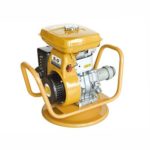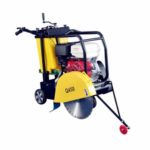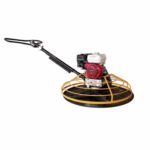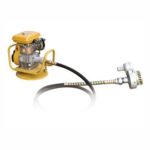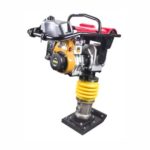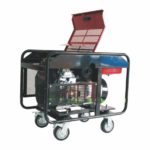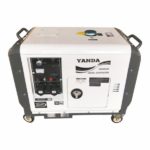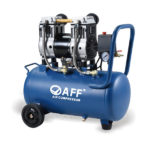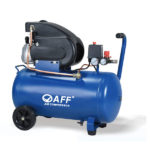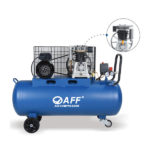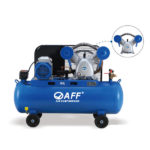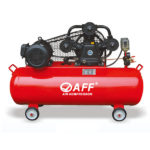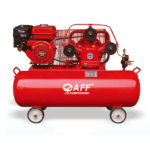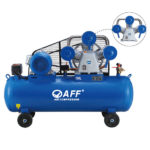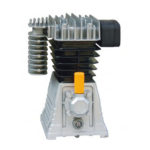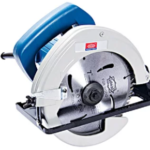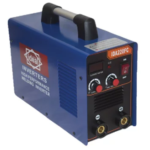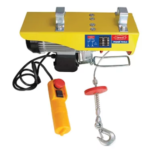How do I if my generator is AC or DC?
Understanding whether your generator produces AC or DC power helps ensure you’re using it correctly for your specific needs. Generators come in different types, and knowing the difference between AC and DC output can prevent potential damage to your equipment and ensure optimal performance.
Basic Differences Between AC and DC Generators
AC generators produce alternating current, where electricity flows in both directions, while DC generators create direct current that flows in only one direction. Most modern generators produce AC power because it matches what our household outlets provide. However, some specialized generators still use DC power for specific applications.
Physical Characteristics to Look For
When examining your generator, several physical features can help identify whether it’s AC or DC:
- Look for a commutator (cylindrical component with copper segments) which indicates a DC generator
- Check for slip rings (smooth metal rings) which typically indicate an AC generator
- Examine the output terminals – AC generators usually have three or four terminals
- Search for any voltage regulators or rectifiers which might suggest the type of current
Checking Generator Documentation
The easiest way to identify your generator type involves checking the manufacturer’s documentation. Most generators display their specifications directly on the nameplate or in the user manual. Look for terms like “AC Output,” “DC Output,” or specific voltage ratings that can indicate the type of current produced.
Understanding Output Voltages
AC generators typically produce standard household voltages like 120V or 240V at 60Hz (in North America). DC generators often produce lower voltages, commonly 12V or 24V, though industrial models may differ. The voltage rating alone doesn’t definitively determine if your generator is AC or DC, but it can provide helpful clues.
Common Applications and Uses
Knowing how generators are typically used can help identify their type. AC generators commonly power homes, construction sites, and large appliances. DC generators often appear in automotive applications, battery charging systems, and some specialized industrial equipment.
Testing Your Generator Output
If documentation isn’t available, you can safely test your generator’s output using a multimeter:
- Set your multimeter to AC voltage for initial testing
- Connect the leads to the generator’s output terminals
- Check if the reading stabilizes (AC) or remains steady (DC)
- Verify the voltage matches your generator’s specifications
Maintenance Considerations
Understanding whether you have an AC or DC generator affects maintenance requirements. AC generators typically need less maintenance because they have fewer moving parts. DC generators require regular brush and commutator maintenance to ensure proper operation.
The most reliable way to determine your generator type involves combining several identification methods. Start with the documentation, examine physical characteristics, and consider the intended use. If uncertainty remains, consult with a qualified electrician or the manufacturer to ensure safe and proper operation.
Remember that modern portable generators often provide both AC and DC power through different outlets. These dual-output generators have become increasingly common, offering versatility for various applications. Always verify which outlet you’re using and match it to your power needs.
Understanding your generator type helps you use it correctly and maintain it properly. This knowledge becomes particularly important when connecting sensitive electronics or planning backup power systems. When in doubt, consult with electrical professionals to ensure safe and appropriate use of your generator.


















